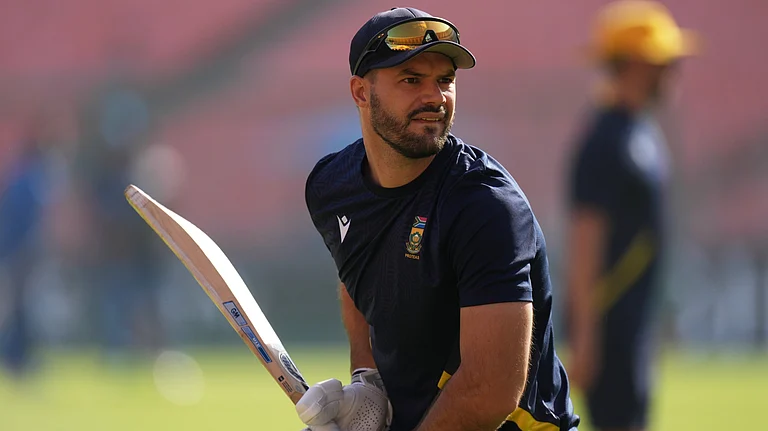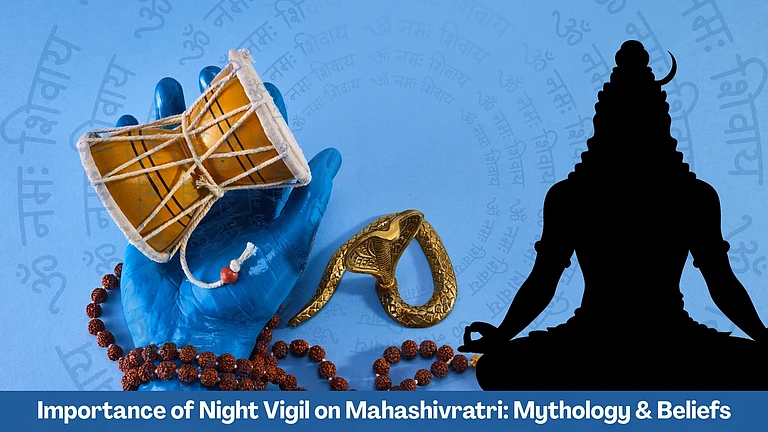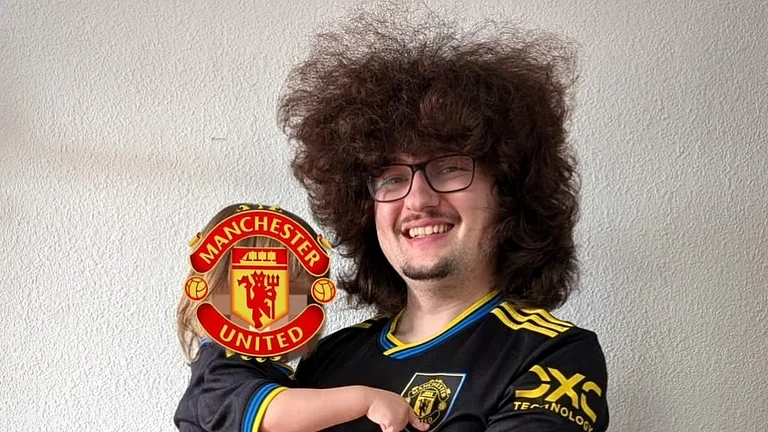About a year and a half ago, UNICEF's Early Childhood Development (ECD) project began on pilot-basis in 10 talukas in the two districts of Yavatmal and Aurangabad in Maharashtra.
Both the districts' Health and ICDS departments came together for better project implementation, and the project has yielded many positive changes. And most of the credit goes to frontline Anganwadi workers, Asha Sevika, Anganwadi-Asha Supervisor, Taluka Coordinator, Community Promoter, CDPO, and the Project Officers concerned.
In the context of this Babhulgaon project, ECD Anganwadi Supervisor Mrs. Lata Hole is one of the few people whose extremely diligent efforts have brought many positive changes. Since 2013, Lata Hole has worked as a supervisor for the Babhulgaon’s Pahur Beat project. She is 54 years old and has worked as an Anganwadi Worker for 16 years and 18 years as a secondary school supervisor. Regularity, perseverance in work, striving to learn new things are some of the qualities that Lata possesses, and through these qualities, she can bring about exemplary change in the district.

It was at the event that I met her for the first time. Everyone liked her active participation in the first training course at ECD. She was present in all the training sessions. Her polite disposition, her caring temperament, and the art of mingling with every new person are clearly admirable. All Asha, Asha-group promoters and Asha taluka coordinators ought to be present for the training together with the Anganwadi workers. We plan how and when to use the information in each training cycle with the supervisors both in the Departments of Health and ICDS, and impart the training accordingly.
After becoming well-versed in the information and training, they give the Anganwadi Sevika the same training in simpler language. Today the friendship between them has become so strong that for all Asha workers, Lata Hole has become the great-grandma.
She arranges the food, breakfast and drinking water for all the training participants She also makes the session as a fun activity. Not only is she good in providing training, but she is constantly checking during the visit to Anganwadi and seeing if the Anganwadi Sevika is using the actual field knowledge provided in the training. She watches meeting preparation, how the participants attend the meetings as often as possible, and how the Sevika teaches the mothers about play and communication, diet, and safety. Now they're very happy to see mothers' increased participation in the village. All of this has led to a higher rate of participation during training.
'Speaking of Lata Hole, Babhulgaon taluka's Child Development Project Officer, said, 'Lata Hole is very hard-working and honest.' The Asegaon village Anganwadi worker says, 'Lata Madam helps us a lot, she takes great care of us.'

Lata Hole learned how to use computers and fill in details very easily, even when she was 54 years old, according to the Taluka Coordinator, Babhulgaon, and she never says no to any work.
In a village-like Asegaon, where most of the Anganwadi children belong to the Pardhi community, the mothers have begun to come with their children to mother’s meeting. In villages where the Anganwadi worker is unable to work or where parental participation in Anganwadi is low, she organized parent’s meeting with the assistance of Asha, Anganwadi Tai and other nearby Anganwadi mothers, with the help of villagers, self-help groups and parents. Lata Hole is very good at her work, and we love her nature as well. Today, even her four-year-old grandson, and she's getting the benefit of ECD to take good care of her grandchild.
We should all learn from Lata’s commitment of spreading her word about the value of early childhood care and nurturing to the very last village in the district.
(The author is a UNICEF ECD Project coordinator)
Edited by: Lokesh Tamgire. Translated by Alokita Jha
Courtesy Unicef India





















